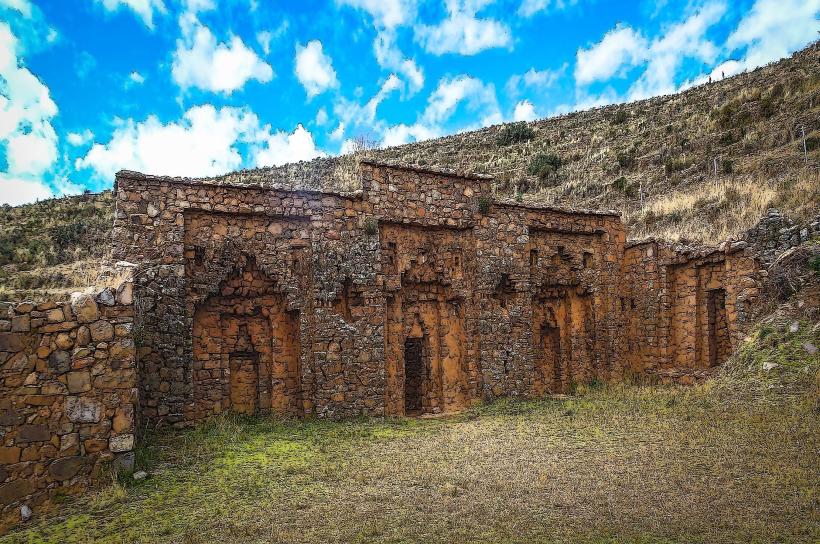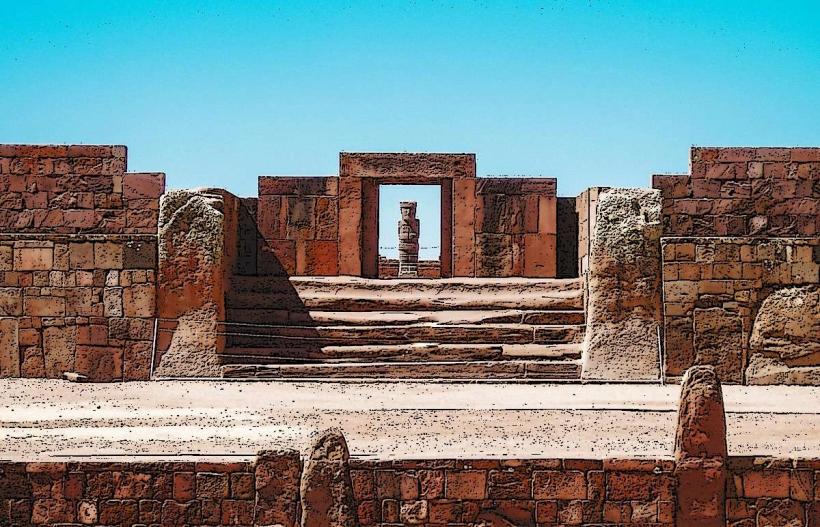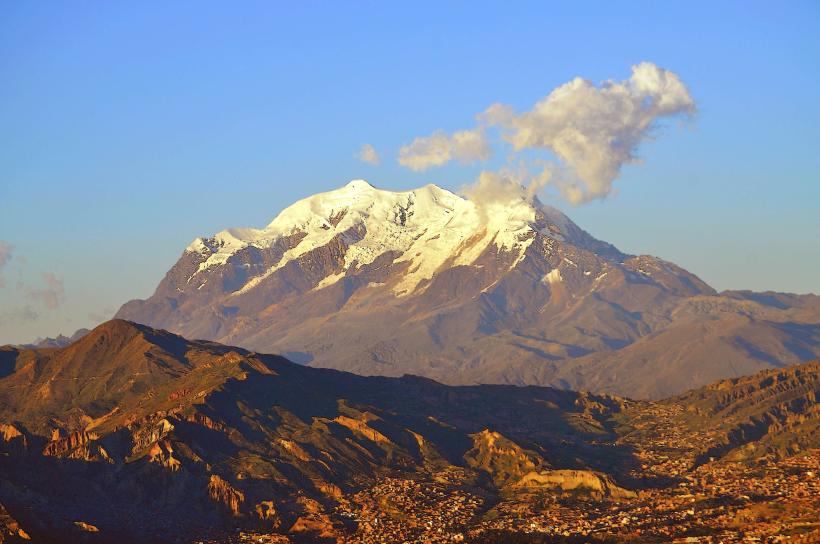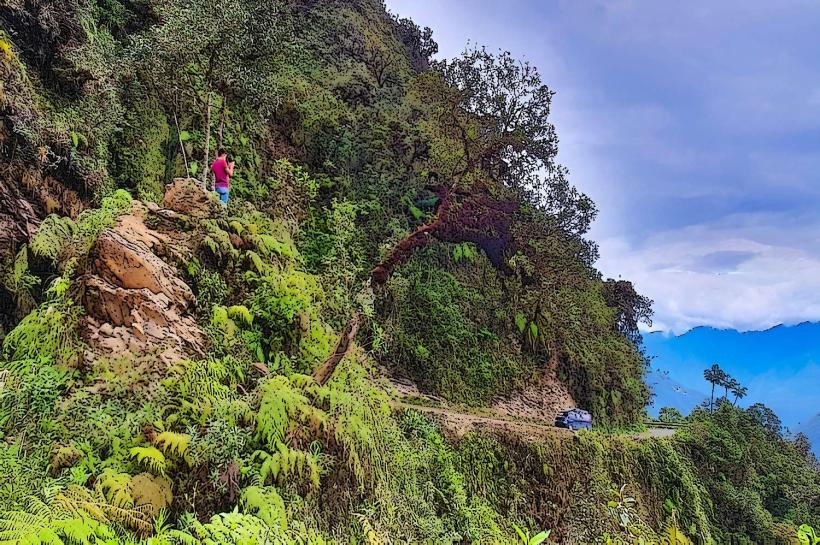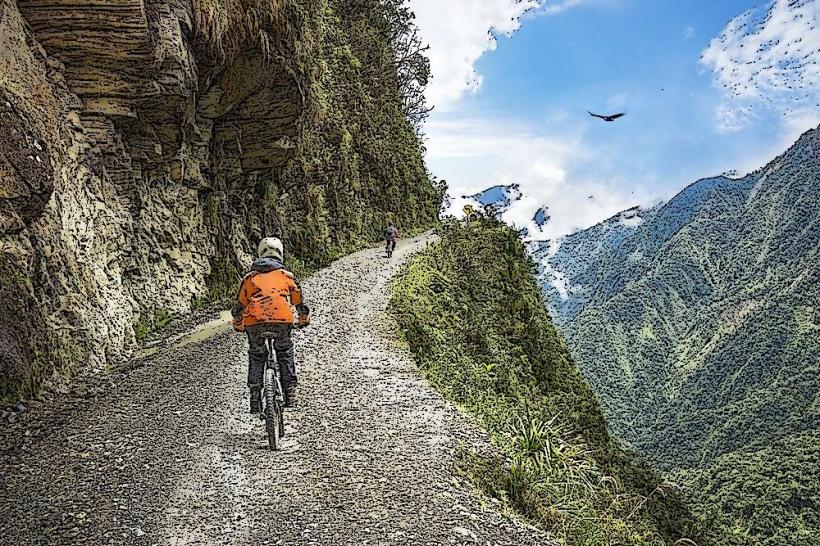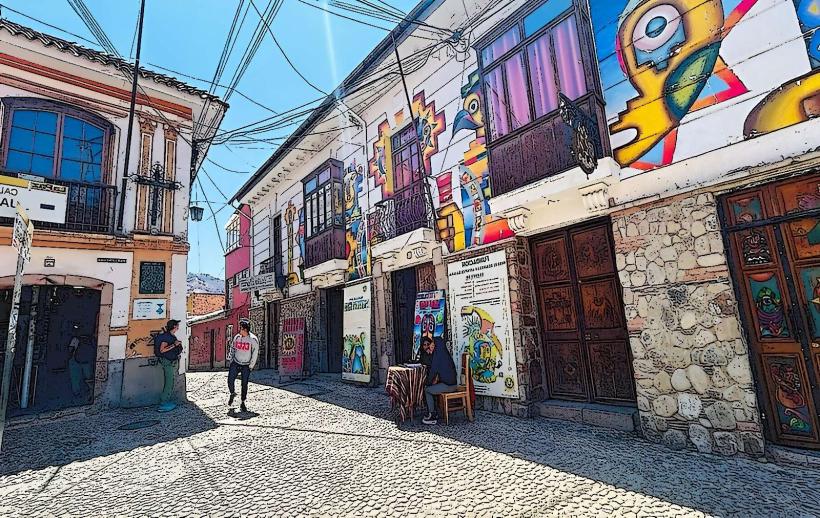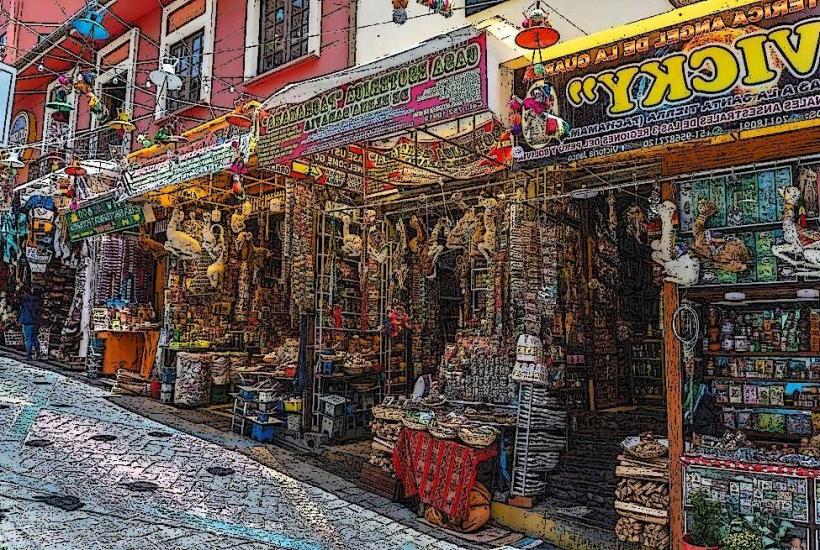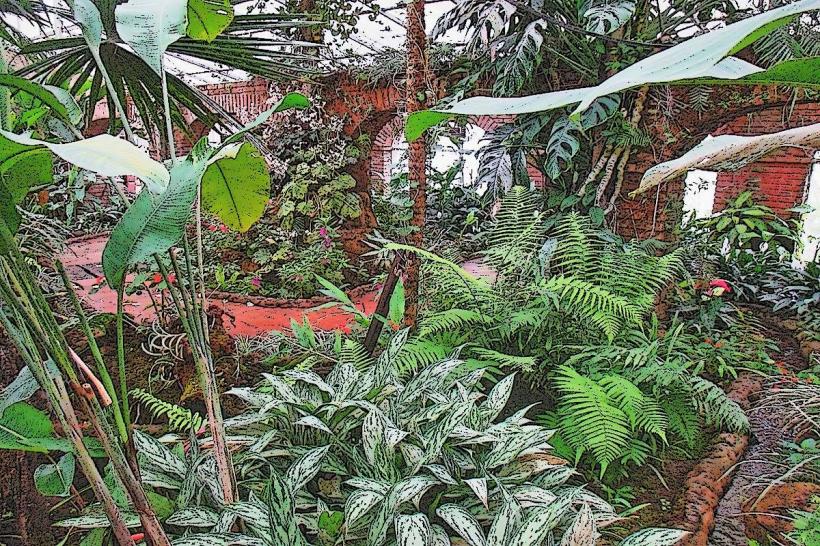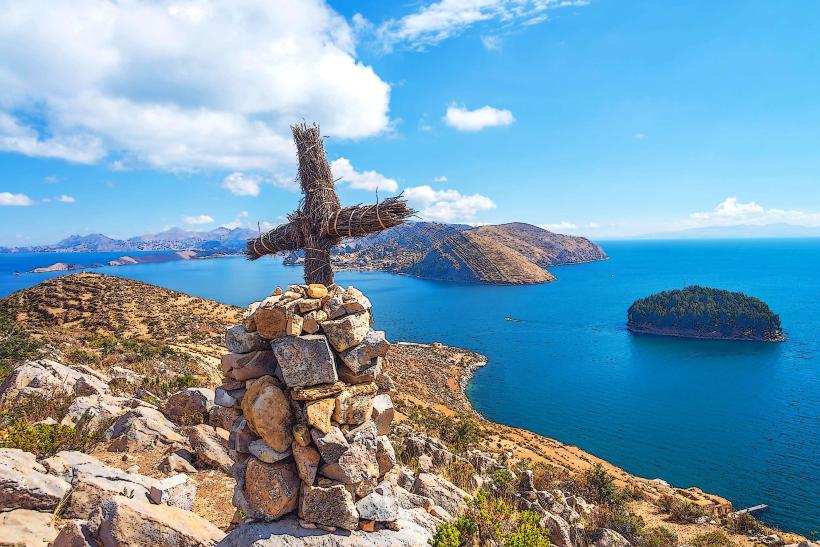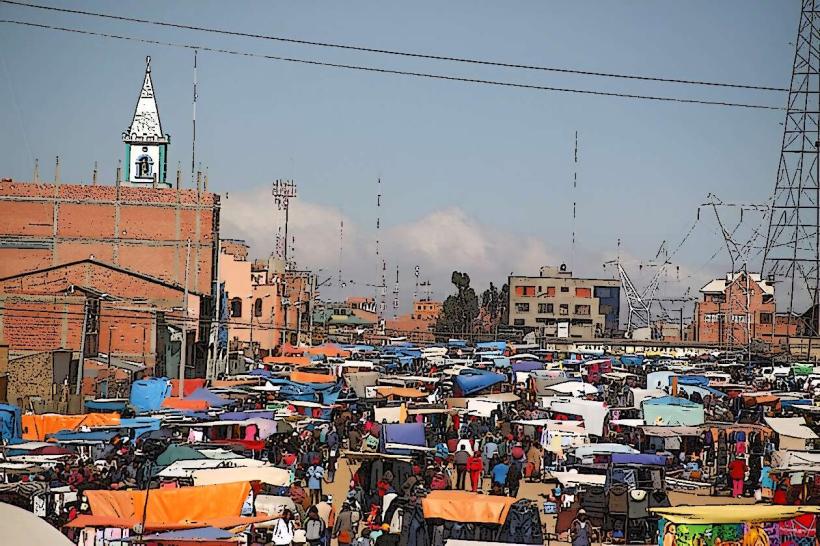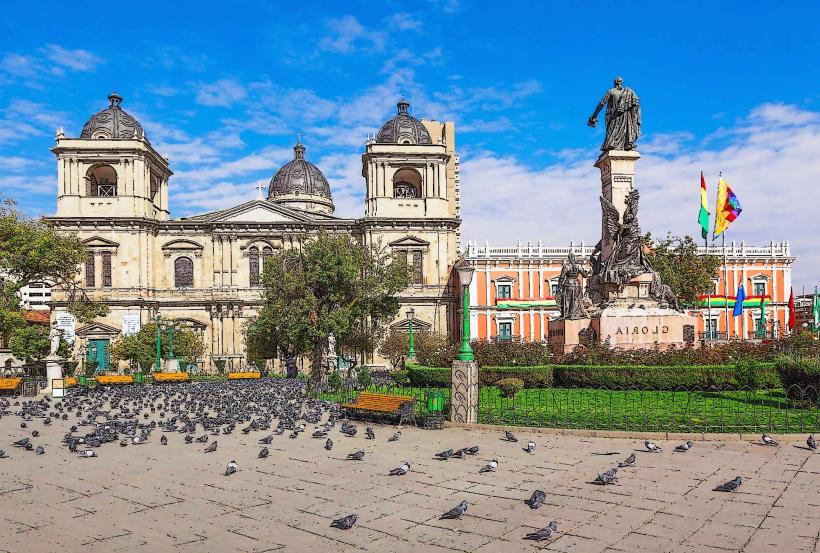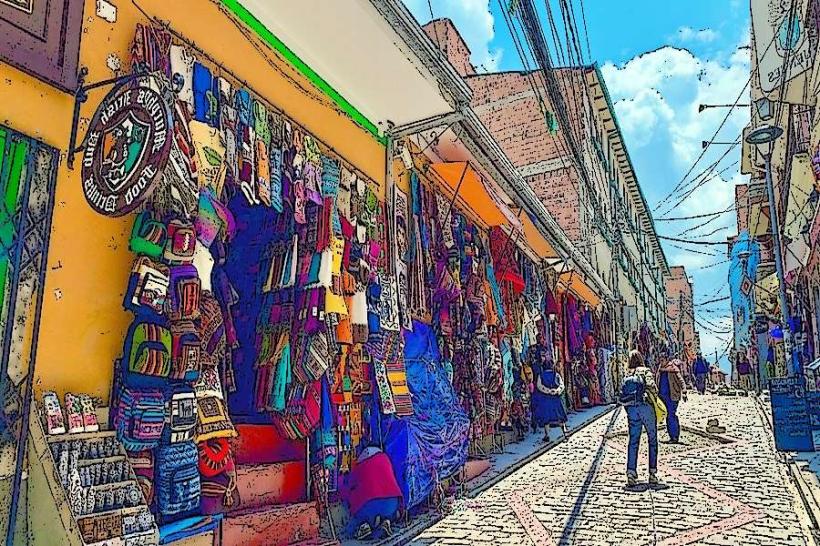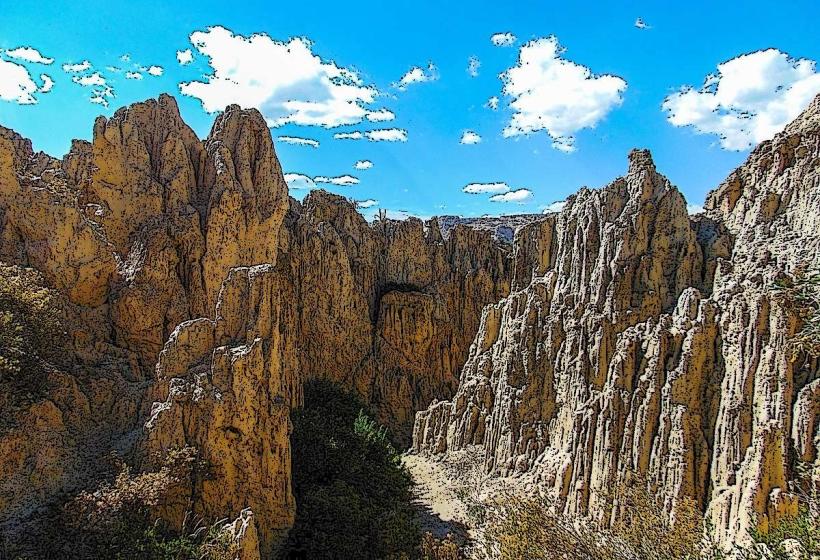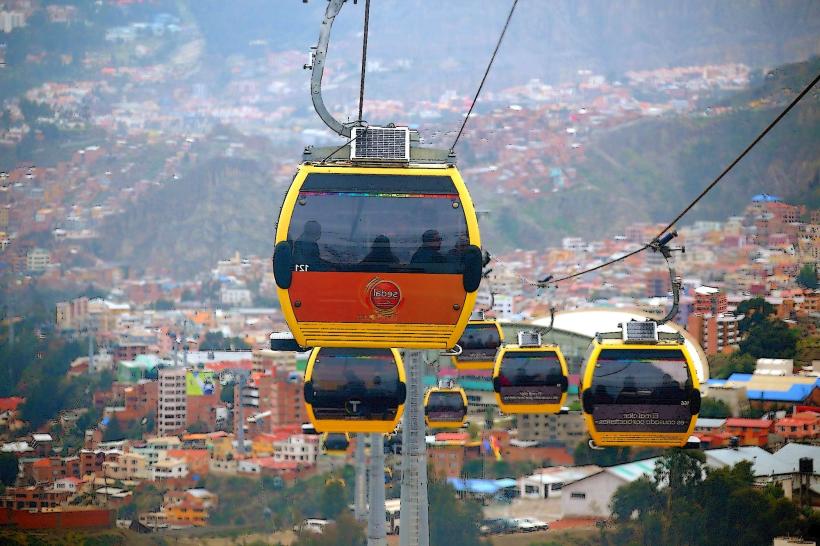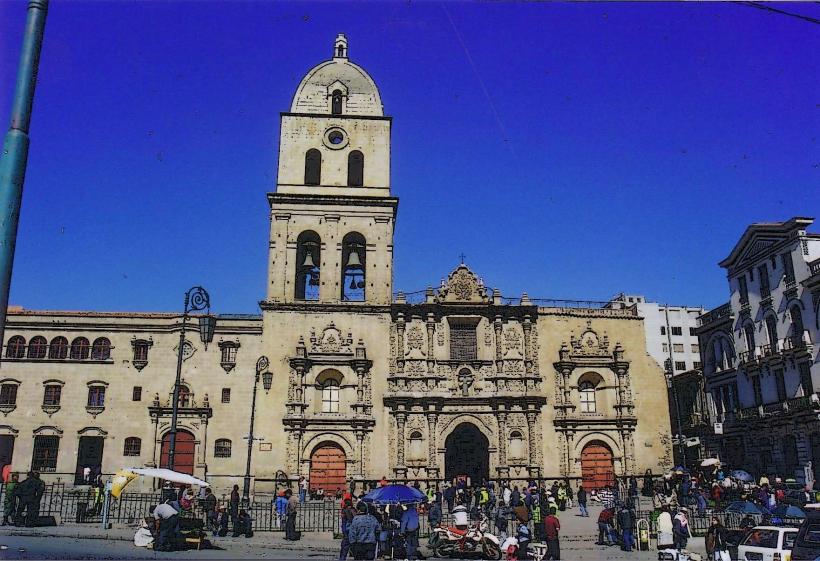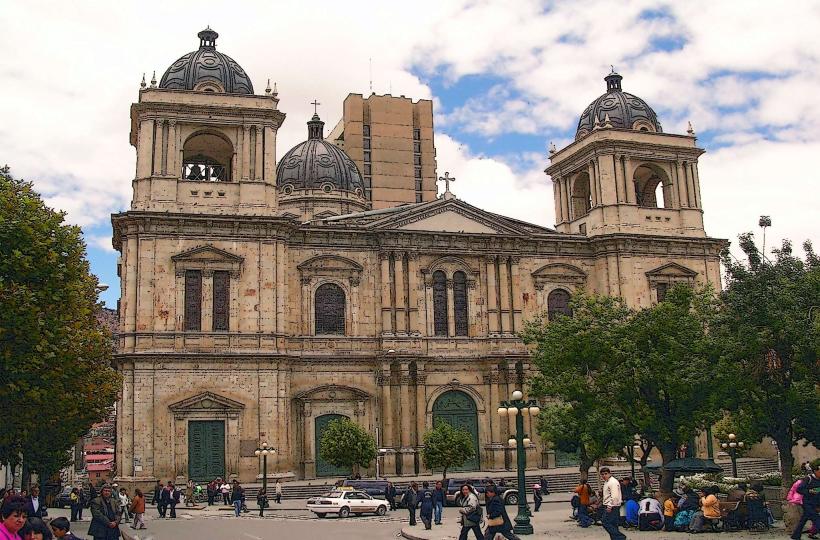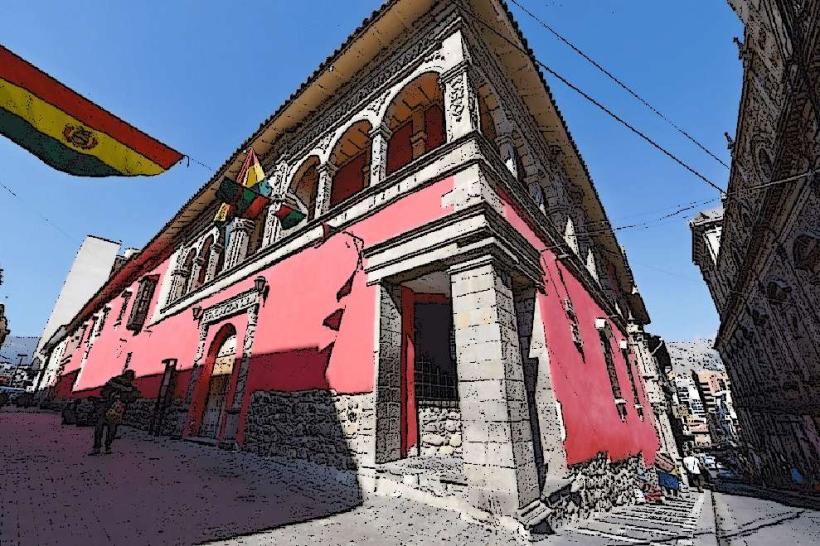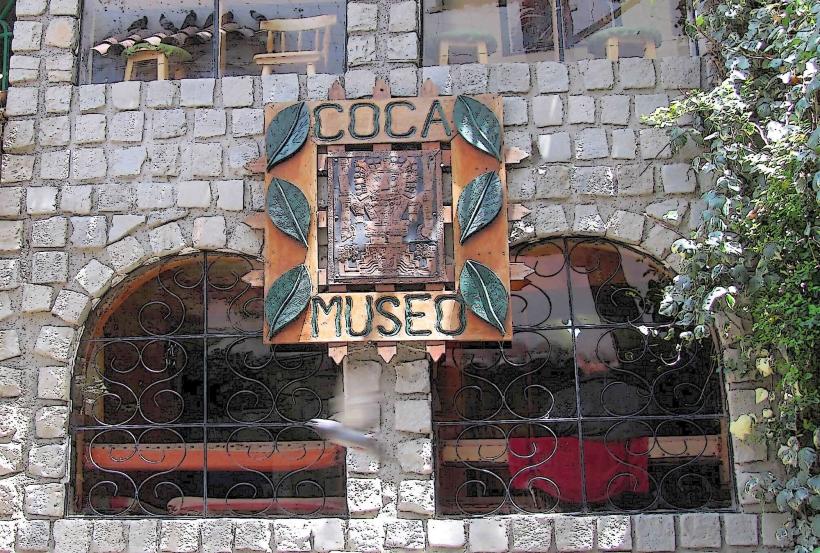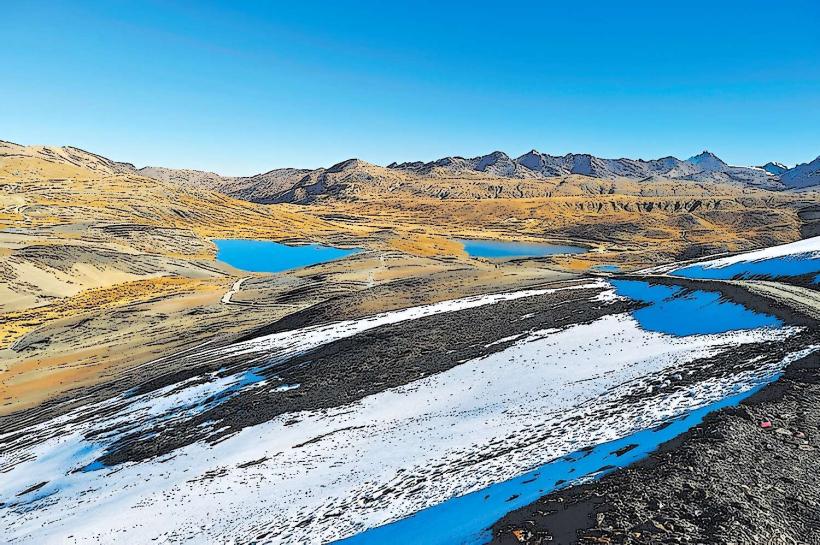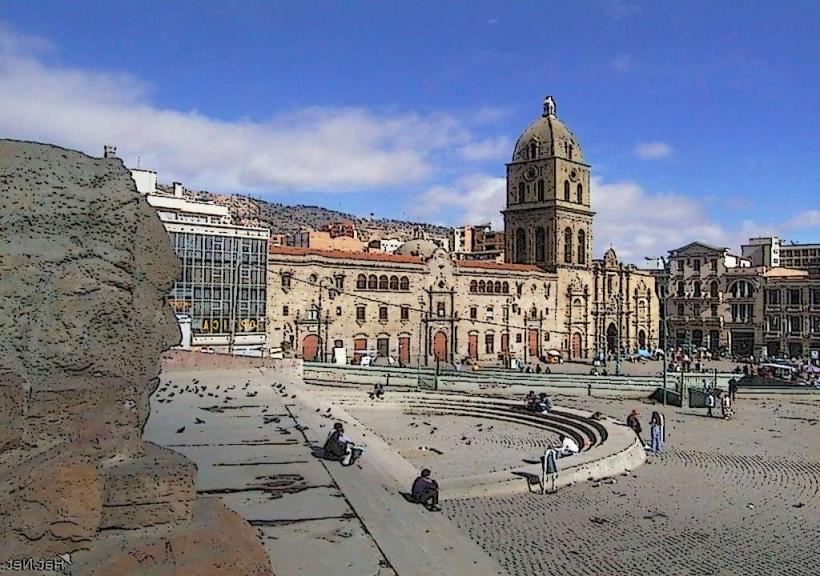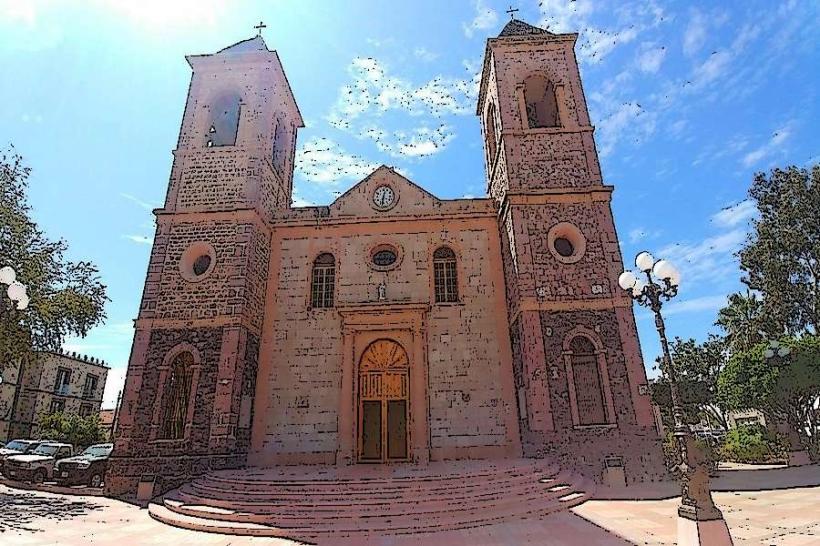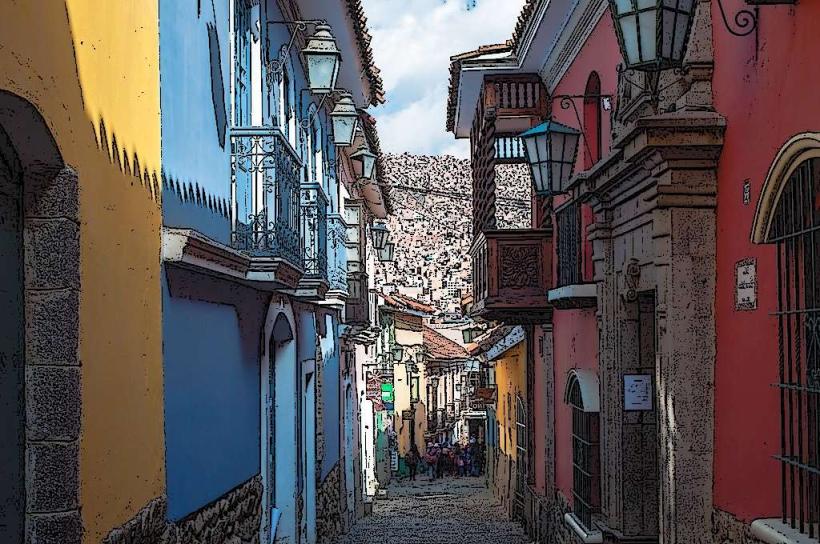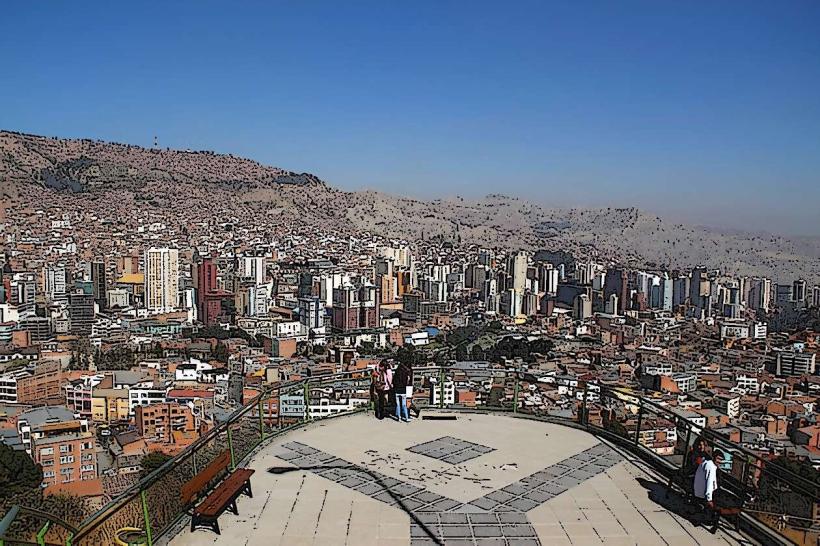Information
Landmark: Isla del SolCity: La Paz
Country: Bolivia
Continent: South America
Isla del Sol, La Paz, Bolivia, South America
Isla del Sol is an island located in Lake Titicaca, within the Bolivian portion of the lake. It is recognized as the legendary birthplace of the Inca Empire.
Visual Characteristics
The island's terrain is characterized by steep hills and terraced agricultural fields. Vegetation is sparse, primarily consisting of hardy grasses, shrubs, and some fruit trees. The lake water surrounding the island is a deep blue, reflecting the sky. Structures are predominantly built from stone and adobe, with red-tiled roofs.
Location & Access Logistics
Isla del Sol is accessible from the town of Copacabana, Bolivia. Boat transfers depart from the Copacabana waterfront multiple times daily. The journey to the island's southern port (Yumani) takes approximately 1.5 to 2 hours. There are no roads or vehicles on the island; movement is by foot along established trails. No formal parking is available in Yumani; visitors typically leave vehicles in Copacabana.
Historical & Ecological Origin
Archaeological evidence suggests human habitation on Isla del Sol dating back to at least 3000 BCE. The island holds significant importance in Inca mythology as the place where the sun god Inti and the first Inca rulers, Manco Cápac and Mama Ocllo, emerged from the lake. Geologically, the island is composed of sedimentary rock formations.
Key Highlights & Activities
Hiking the island's trails is a primary activity. The trail from Yumani (south) to Challapampa (north) offers views of the lake and ruins. Visiting the Pilko Kaina Inca ruins and the Chincana labyrinth are key points of interest. Observing the sunrise from the eastern side of the island is recommended.
Infrastructure & Amenities
Basic guesthouses and small restaurants are available in the villages of Yumani and Challapampa. Restrooms are generally available at accommodations and some public areas. Shade is limited, primarily found near villages or under trees. Cell phone signal is inconsistent and often weak across the island.
Best Time to Visit
The dry season, from April to October, offers the most favorable weather conditions with less rainfall. Mornings between 7:00 AM and 9:00 AM provide optimal lighting for photography due to the angle of the sun. High tide is not a significant factor for access or activities on the island itself.
Facts & Legends
According to Inca legend, Isla del Sol is the exact spot where the sun god Inti commanded Manco Cápac and Mama Ocllo to found the Inca Empire. A specific tip for visitors is to carry sufficient Bolivian currency (BOB) as ATMs are not available on the island, and most establishments operate on a cash-only basis.
Nearby Landmarks
- Copacabana Town Center (10km Northwest)
- Cerro Calvario (Copacabana) (10.5km Northwest)
- Isla de la Luna (3km East)
- Yumani Village (0.1km South)
- Challapampa Village (6km North)

